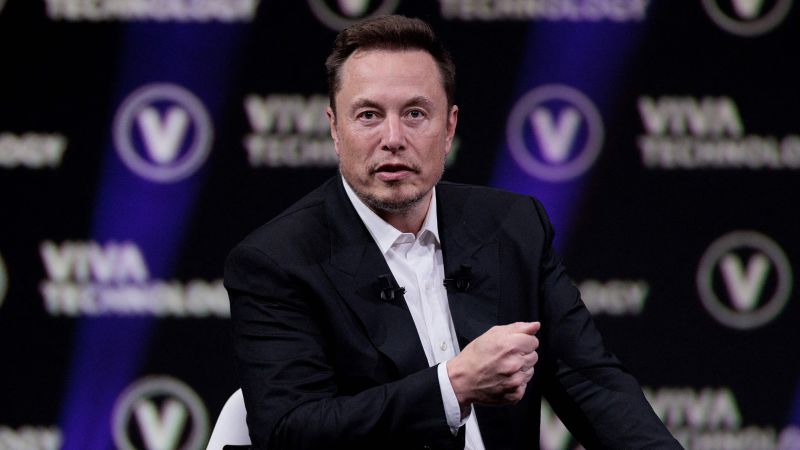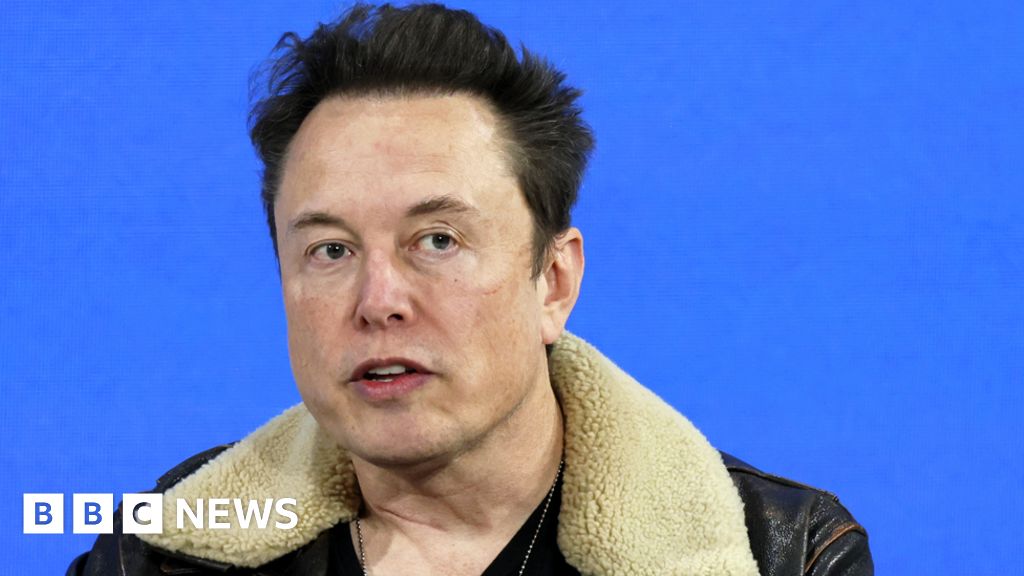
Elon Musk's Neuralink, a company working on developing computer interfaces that can be implanted in human brains, has announced its first product called Telepathy. This technology would allow humans to control phones or computers just by thinking. The initial users of this groundbreaking device will be those who have lost the use of their limbs.
Neuralink's goal is to enable faster communication than a speed typist or auctioneer, potentially transforming the lives of people with neurological conditions. Musk announced that Neuralink has implanted its first device in a human subject and stated that the recipient is recovering well.
Initial results show promising neuron spike detection, indicating successful communication between the brain and computer interface. The company received approval from the Food and Drug Administration (FDA) to begin human trials last May.
Neuralink's website currently states that its first clinical trial is open for recruitment for people with limited or no use of both hands due to a cervical spinal cord injury or amyotrophic lateral sclerosis (ALS). The device, designed to interpret neural activity, will allow users to operate computers and smartphones by simply intending movements.
While some experts have expressed skepticism about the feasibility of Neuralink's ambitious goals, such as restoring vision for blind individuals or granting full-body functionality for those with spinal cord injuries, there is no denying that this technology has the potential to revolutionize communication and assistive devices.
It remains unclear how many patients have received implants in Neuralink's human trial. The company did not provide further details about who received the first implant or whether it was working as intended. However, Musk mentioned that initial users will be those with limited mobility due to spinal cord injuries.
Despite facing scrutiny over animal testing and concerns regarding rushing to market, Neuralink's progress in human trials marks a significant milestone for brain-computer interface technology.


